Worms in dogs are usually caused by the digestion of rotten or contaminated foods. Dogs also become infected with roundworms by eating eggs from contaminated soil or stool, or by eating infected rodents like rat and mice. Hookworms are contracted by ingestion of microscopic larval by mouth or from larval entry through skin, usually on the feet. Once these worms get hooked to the stomach, they will live and reproduce if not properly treated.
What are the different types of intestinal worms in dogs?
It then will move up into the airway where it is coughed up by the dog and then swallowed again. Then the cycle of this roundworm continues. This worm may cause serious illness in your dog or worst, your puppy. When you feed your dog which is infected with roundworm, you are basically feeding the worm also because it interns feed off the food of it's host. This can lead to diarrhea in your puppy and other ailments which can be fatal to your pup. The Toxascaris leonina do not move around the body of the infected dog and have a far simple and shorter life cycle.
Well, one has to remember that puppies are born with worms and must be dewormed early. Puppies are much more vulnerable to worms and other illnesses due to low immune systems, they will need to be dewormed much more often than large or adult dogs. Waiting until 6-8 weeks of age to worm puppies and kittens allows them to spread worm eggs that will contaminate the soil and re-infect them. Puppies should be dewormed once every two to three weeks up to age 3 month. After they pass the three month period, deworming should be slown down to to once per month until age of 6 month.
Sanitization for Homes From Zoonotic Infection
If the home has residents of immune compromised persons, small children or baby. Pets must be dewormed according to schedule to prevent the spread of Zoonotic infection. Zoonotic infections are occur in pets and can be transmitted to people. A zoonotic disease is a disease spread between animals and people. Zoonotic diseases can be caused by viruses, bacteria, parasites, and fungi. People with zoonotic infections can be very sick but for some people, they exhibit no symptoms and do not ever get sick. Symptoms of a Zoonotic infection includes:
- Diarrhea
- muscle aches
- fever.
- Tiredness
These are the most common signs that your dog has worms.
- Diarrhea
- Pot Belly
- Coughing
- Low Energy
- Weight Loss
- Vomiting
- Lost appetite
- Dull Coat
Clean up feces immediately. Don't let dog poop fester in the ground and lay eggs in and under the dog's feces. Dogs will become reinfected with worm even after a deworm simply because these worm eggs are living in the dog's environment. If you suspect that worms are living in the soil. Dig up and use hot water to pour in the area where you think worms are breeding. Or use bleach to destroy the infected area. Ensure that your puppy or adult dog is not prone to swarms of mosquito bites. Get a good deworming treatment and deworm your large dogs once every three months to prevent infections and reinfection.
Get the right worm protection: You can get the right worm protection for your dog to mitigate against becoming infected or simply getting rid of worms in dogs.
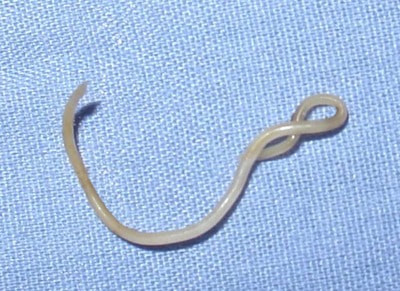
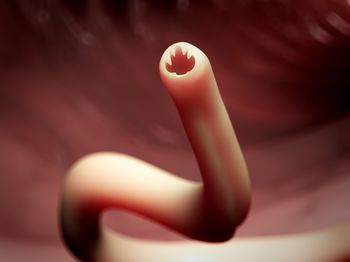
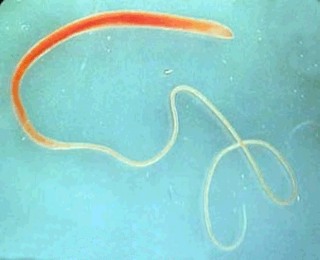
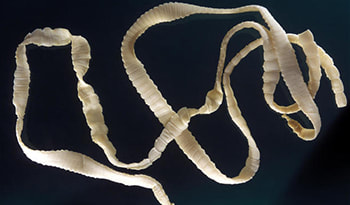


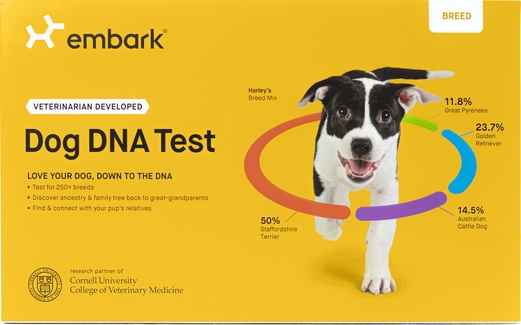
 RSS Feed
RSS Feed



